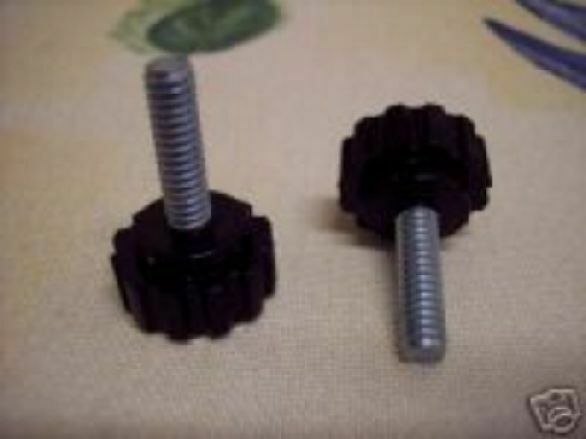-40%
FarpointAstro 2 Inch Cheshire Collimator (FP261)
$ 31.67
- Description
- Size Guide
Description
Farpoint 2 Inch Cheshire Collimator is a simple tool that helps align the optical axes of the mirrors of a Newtonian reflecting telescope, a process called collimation. This precision-machined alignment tool for 2″ apertures is practically indestructible and requires no batteries. For Newtonian Reflectors only.Farpoint 2 Inch Cheshire Collimator
Farpoint 2 Inch Cheshire Collimator is a simple tool that helps align the optical axes of the mirrors or lenses of a telescope. This is a process called collimation. This precision-machined, red anodized alignment tool for 2″ apertures is practically indestructible and requires no batteries.
A Cheshire eyepiece or Cheshire collimator consists of a peephole that is inserted into the telescope focuser in place of the eyepiece. Ambient light falls on the brightly painted oblique back of the peephole. Images of this bright surface are reflected by the mirrors of the telescope and can thus be seen by a person peering through the hole. A Cheshire eyepiece contains no lenses or other polished optical surfaces. For Newtonian Reflectors only.
Includes a mirror spotting template and triangle center spots to help simplify the process of center spotting a primary mirror.
Why is collimation even necessary?
Telescopes, like cameras, have an optimal position that gets the sharpest rendering of an object. That position is called the
focal plane
. The problem is that your telescope’s mirror produces its sharpest images only at the center of the focal plane. So, you want to be sure that’s the part of the image you’re magnifying with your eyepiece. If instead, you aim your eyepiece slightly away from the center of the focal plane, the image will be blurred somewhat by a nasty optical aberration called a coma. Not Collimating your scope will have details become lost as you are processing your images.
This is why you want to collimate your scope — To Get the Sharpest possible image from your rig











